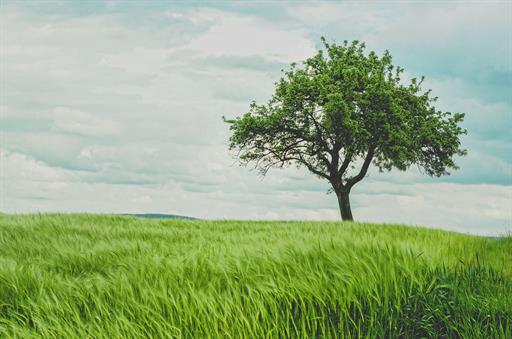
—In memory of Pedro Joaquín Chamorro,
whose blood gave Nicaragua the means to conceive her freedom.
A hero rebelled against the might of the Black House.
He struggled against the Lords of the House of Bats,
against the Lords of the House of Darkness
—Quequma-ha—
where, deep inside it, only sinister thoughts exist.
The Maya called this man Ahpú—“chief” or “head man”—
because his bold feet led the way and broke new ground.
Often he outwitted the oppressors,
but finally he fell into their hands.
(O shadows! I have lost a friend!
Rivers of people cry besides his remains.
The old day keepers had prophesied a time of desolation.
They said it would be “a sad, sad time
when the butterflies have all been collected,”
and words would no longer transmit golden pollen.
I imagined it as a time of treacherous light—
a cold, dying sun and the long caws of birds
pecking at autumn.
But it came as a morning, a falsely brilliant
celestial jubilation, fresh
with birdsong, and then it sprung:
the trap!
that dry blow from deadfall
suddenly crushing
the smiling, fleckless hero.
From their barracks, from the House of Weapons,
the Lords of the Obsidian House spoke out:
“We will destroy you, rip you into pieces,
and bury the memory of all you were.”
And they beheaded the liberator.
And commanded that his head be mounted on a pole...
But suddenly the pole became a tree
covered with leaves and fruit,
fruit like the heads of the people.
I write on this tree—
Crescentia cujete
Crescentia trifolia
Xicalli in the Nahuatl tongue
Calabash tree
with leaves like crosses:
fasciculate, gorgeous
leaves with a sacrificial design,
a memorial to martyrs,
“the tree of skull.”
This is the plant
that gives dignity to the plains.
Its fruit is the Indian’s cup.
The campesinos call its fruit el guacal or la jícara—
the cup of all we drink
and decorate it with bird carving—
because we drink the song
the fruit rattles in our fiestas as maracas and sonajas—
because we drink the music
since ancient times, in the dialect of the Chorti Maya,
the word ruch meant both
“calabash” and “skull” (just as it does today)—
because we drink thoughts
But the Lords of Darkness
(the Censors)
declared: No one shall approach this tree.
No one shall pick its fruit.
And she whose name was Blood Girl heard this story.
Bravely the maiden inquired,
“Why can’t I know the miracle of this tree?”
So she jumped over the oppressors’ warnings
and approached the tree.
She approached the tree so that the myth could bring us together in its
image:
because the woman is freedom that provokes action
and the hero is unhindered will.
“Ah!” she exclaimed. “Will I live or die if I pick this fruit?”
Then from the fruit, from one of the heads on the breaches, came a
voice:
“What do you want?
Don’t you know these are the skull of the sacrificed?
Could it be, do you want them?”
And the maiden replied, “Yes, I want them!”
“Then you must hold out your right hand!” spoke the head.
And the maiden held out her hand.
And the skull spit on her palm.
The saliva disappeared at once and the tree spoke.
“In my saliva, I have given you my ancestry.
Because the word is blood
and blood once against is the word.”
And this was the beginning of our civilization
—a tree bore witness—
This is how dawn begins, germinating each time
like Blood Girl, the maiden who begat
Hunter and Jaguar Deer
from the hero’s breath.
They were the twins who invented Corn—
the bread of America, the grain
that becomes the communion of the oppressed.
Managua, 1978
Cuadra, Pablo Antonio, Greg Simon, and Steven F White. "The Jícaro Tree." Seven Trees against the Dying Light: a Bilingual Edition. Evanston: Northwestern University Press, 2007.
